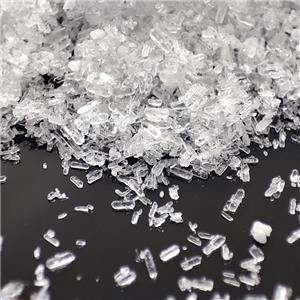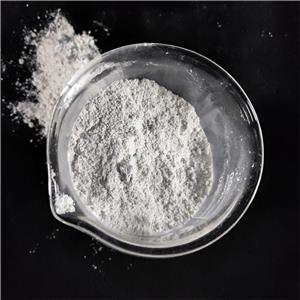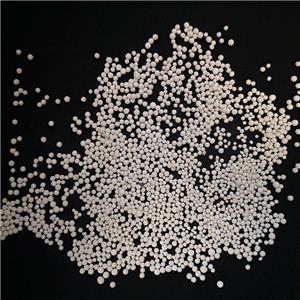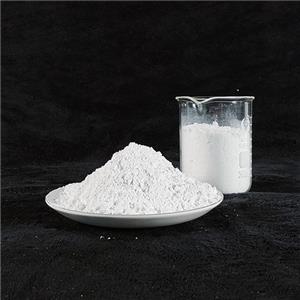What is antimony used for in manufacturing?
Antimony, a lustrous gray metalloid, has been used by humans for thousands of years. Today, it plays a crucial role in various manufacturing industries due to its unique properties, including flame resistance, hardness, and alloy-forming capabilities. Below, we explore the key applications of antimony in modern manufacturing.
1. Flame Retardants
One of the most significant uses of Antimony trioxide for plasticis in flame retardants. When combined with halogenated compounds (such as bromine or chlorine), antimony trioxide (Sb₂O₃) acts as a synergist, enhancing fire resistance. This makes it invaluable in:
Plastics and textiles (e.g., children's clothing, upholstery, and electronics casings)
Building materials (e.g., insulation, cables, and coatings)
2. Lead-Acid Batteries
Antimony trioxide for plastic improves the performance of lead-acid batteries, which are widely used in:
Automobiles (for starting, lighting, and ignition systems)
Industrial backup power supplies
Adding Antimony trioxide for plastic to lead strengthens the battery plates and reduces self-discharge, extending battery life.
3. Alloys (Hardening Agent)
Antimony trioxide is a key component in various alloys, particularly:
Lead-antimony alloys – Used in ammunition, solder, and radiation shielding.
Pewter – A tin-antimony alloy used in decorative items and tableware.
Babbitt metal – A bearing alloy used in machinery to reduce friction.
4. Semiconductor and Electronics Manufacturing
Antimony trioxide compounds, such as antimony trioxide and antimony telluride, are used in:
Semiconductors (as a dopant in silicon wafers)
Infrared detectors and diodes
Thermoelectric materials (for cooling applications)
5. Glass and Ceramics Production
Antimony oxide is used in:
Glass manufacturing – Acts as a fining agent to remove bubbles.
Ceramic glazes – Provides opacity and brightness.
6. Chemical Catalysts
Antimony trioxide compounds serve as catalysts in the production of:
Polyethylene terephthalate (PET) – Used in plastic bottles.
Certain pharmaceuticals and pigments.
Conclusion
Antimony’s diverse applications make it an essential material in multiple industries, from fire safety to energy storage and electronics. While its use in some areas (like certain flame retardants) has faced scrutiny due to environmental concerns, ongoing research aims to develop safer alternatives without compromising performance.




